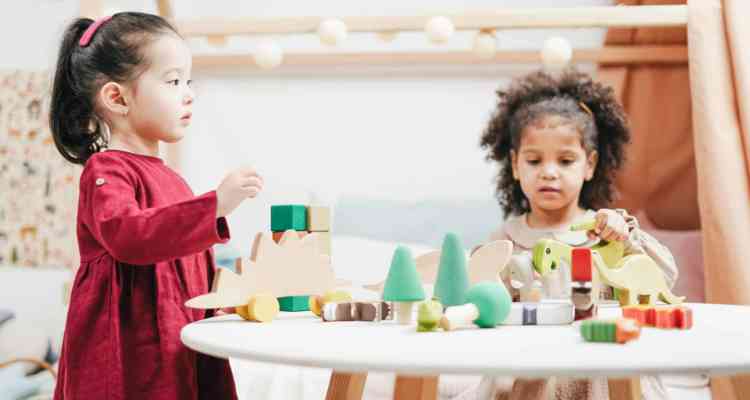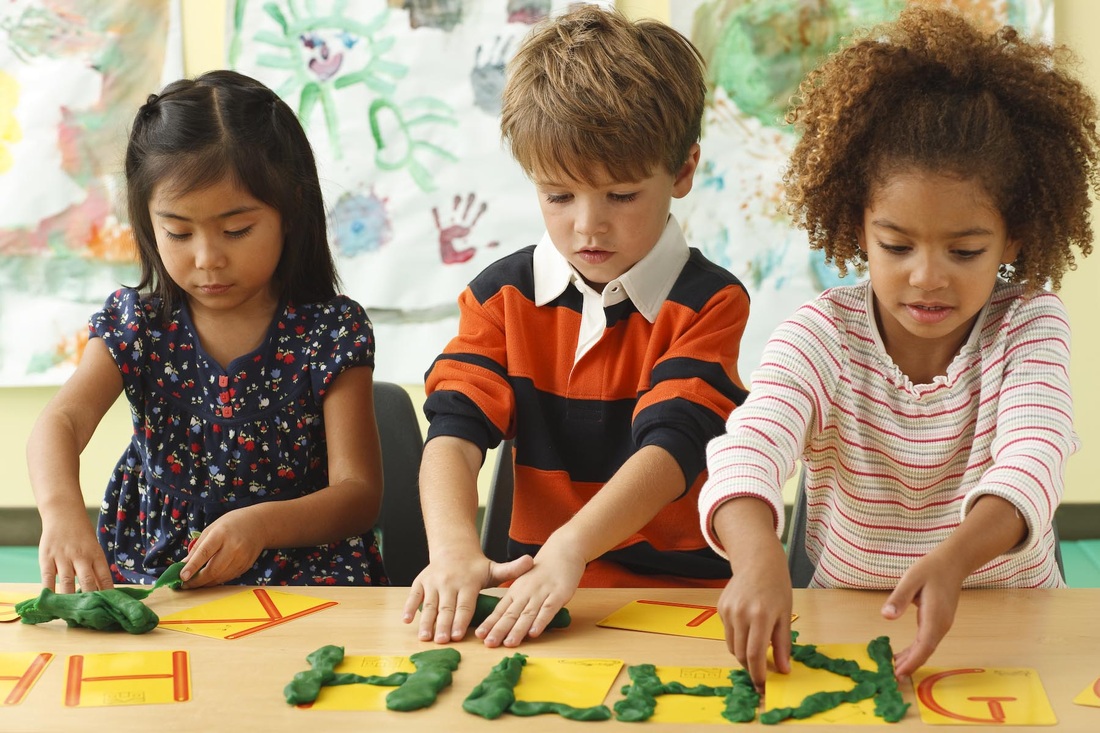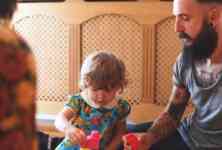
There are many ways to educate your children and when it comes to pre-school, many have ‘play-based’ learning specific in their mode of teaching.
This form of learning does not follow a specific structure but allows children to learn open-ended lessons through arts and various recreational activities. It has many benefits for the growth of children and develops curiosity in them.

Play-based learning not only helps young toddlers develop interest in learning but also make it easier for them to develop their social skills and learning that from a young age has endless advantages. Here are some of the key features of play-based learning:
Picked by self: Children are allowed to decide how much and how they want to play.
No structure: Play-based learning has no concrete do’s and don’t and children are given the flexibility to explore and have fun.
Likable activities: Since there is no structure, children develop a genuine interest in learning new things.
No end goal: There is absolutely no goal of any activity, children can participate for as long as they want.
These are some of the key features of play-based learning. Social-emotional learning is a great outcome of this and it helps children develop soft skills including communication, leadership skills and learn how to stay motivated.
Unlike academics, this type of learning is not focused on cognitive development. There is no way of saying which way of learning is better but the best way to ensure that your children get the best of education is by exposing them to different forms of learning.
To reap the benefits of play-based learning, you can pick a school that encourages it in their early years and later move on to some other school that focus on academics for well-rounded development.





